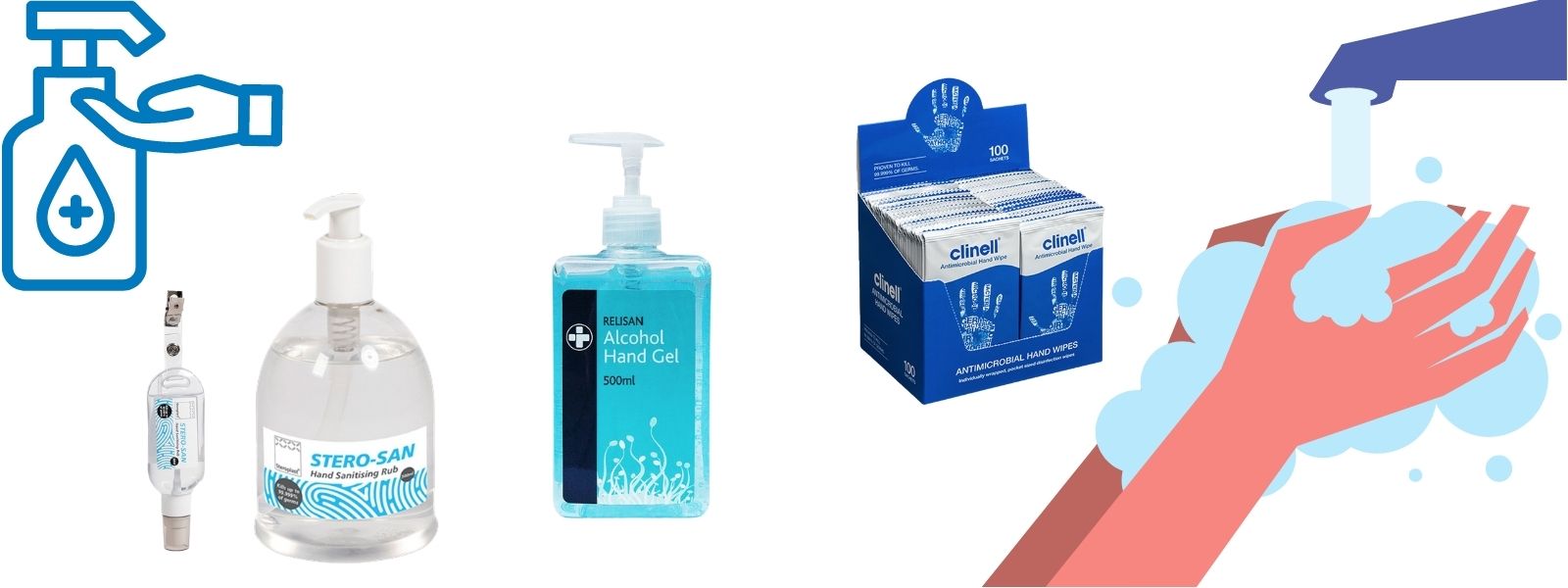
Why a Covid-19 Vaccine Doesn’t Mean We Can Stop Washing Our hands
We may have several vaccines on the horizon and more treatments against COVID-19 than we had when the pandemic first swept across the world, but, as positive as these developments are, there has never been a more crucial time to keep up the hand washing regime. Here’s why…
Many people, who have, up to now, been extra vigilant about their hygiene, have started to relax or tire of all the strict regulations, they may not have witnessed the devastating effects Covid-19 can have on a person or a family. People may, understandably, think that the current treatments – or the national vaccination programme that has just been given the go-ahead are enough to save lives and end the pandemic.
However, if you listen to the scientists, true herd immunity is many months off – and although some vaccinations claim to have high efficacy, they don’t have 100 per cent, guaranteed results, AND we don’t actually know how long this protection will last. There is a possibility that just as soon as everyone is vaccinated, we will all need to get vaccinated all over again. Or indeed, if the virus continues to mutate and has several versions, just like the flu, a different vaccine will need to be developed for each version…
So, until we do have all these answers, and have developed or discovered treatments that cure Covid-19 100 per cent of the time, we still need to protect ourselves, our family, our friends and everyone around us.
Washing hands is one of the most effective, and proven actions, we can take to help stop the spread of the virus. Along with wearing a face mask and keeping space between you and others (Hands, Face, Space) from other households, washing hands is one of the most important preventative actions, we as individuals can take to stop the spread of Coronavirus (Covid-19).
Washing hands for 20 seconds or more using soap and water or a hand santiser (whilst following the product’s instructions) is one of the health community’s key recommendations to help prevent and slow the spread of coronavirus (COVID-19).
While coronavirus is not likely to survive for long periods of time on outdoor surfaces in sunlight, it can live for more than 24 hours in indoor environments.
Washing your hands with soap and water for at least 20 seconds, or using hand sanitiser, regularly throughout the day will therefore reduce the risk of catching or passing on the virus.
Washing or sanitising your hands is recommended on a regular basis currently but should be done more regularly in a number of circumstances, including:
• When you get to work or arrive home
• After you blow your nose, cough or sneeze
• Before you eat or handle food
So, this Hand Washing Awareness Week, please make sure to keep up the handwashing regime (Hands), wear a mask where required (Face) and keep a safe distance from those outside your household bubble (Space).
That’s how we can all continue to be safe until the pandemic has passed.
Hand Wash, Hand Wipes and Hand Santiser SHOP NOW

